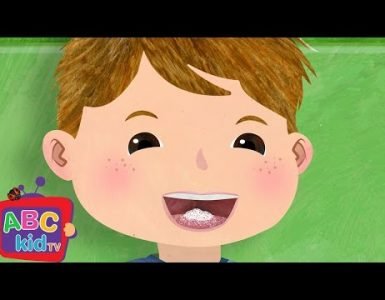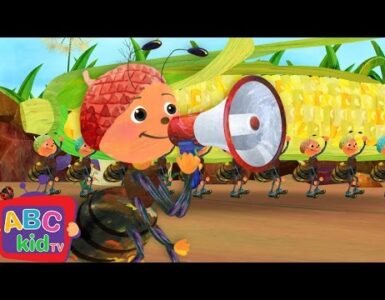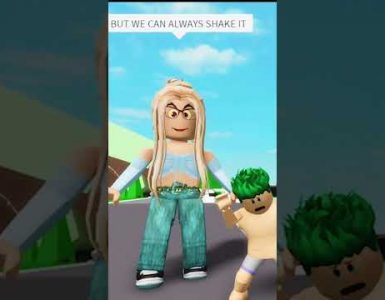Welcome to TheTubeKids.com, where we share fun and helpful videos for children! If you’re looking for a catchy nursery rhyme that sparks giggles and play, the Peek A Boo Boo Song is a perfect pick. This delightful tune, inspired by classic peek-a-boo games, mixes simple lyrics with interactive fun, making it a hit for toddlers and families. Drawing from popular versions like those from CoComelon, it encourages kids to hide, seek, and connect through laughter. Let’s dive into what makes this song so special.
Unwrapping the Magic of the Peek A Boo Boo Song
At its heart, the Peek A Boo Boo Song captures the thrill of surprise and discovery that kids adore. Remember those moments when a baby bursts into smiles during a game of peek-a-boo? That’s the essence here. It’s more than just words and melody—it’s a way to build bonds, teach about object permanence, and boost early social skills. Parents love it because it turns everyday play into a learning adventure, all while keeping things light and joyful.
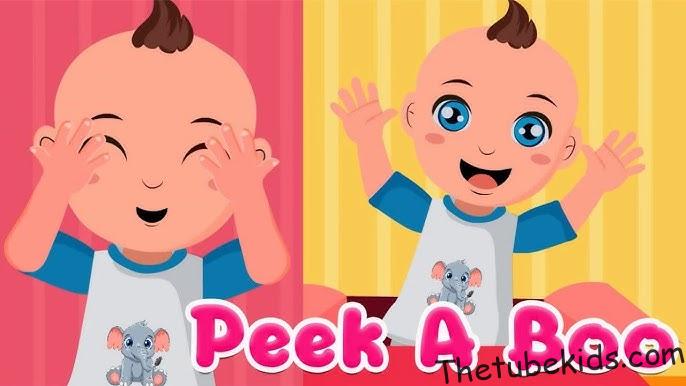
Peek A Boo Boo Song Lyrics – Sing Along with Johny!
Here’s the full lyrics to the Peek A Boo Boo Song, a fun twist on the classic Johny Johny Yes Papa. It’s easy to remember and perfect for family sing-alongs. Try acting it out with your little ones for extra excitement!
Johny, Johny
Yes, papa?
Can you see me?
No, papa
Want to see me?
Yes, papa
Count to 3
1 2 3
Peek-a-boo
I see you
I love you
Johny, Johny
Yes, mam?
Can you see me?
No, mama
Want to see me?
Yes, mama
Count to 3
1 2 3
Peek-a-boo
I see you
I love you
Johny, Johny
Yes, brother?
Can you see me?
No, brother
Want to see me?
Yes, brother
Count to 3
1 2 3
Peek-a-boo
I see you
I love you
Johny, Johny
Yes, sister?
Can you see me?
No, sister
Want to see me?
Yes, sister
Count to 3
1 2 3
Peek-a-boo
I see you
I love you
This version adds a family touch, involving mom, dad, siblings—making it relatable for kids everywhere. It’s often linked to bathroom routines in CoComelon styles, helping with potty training in a playful way.
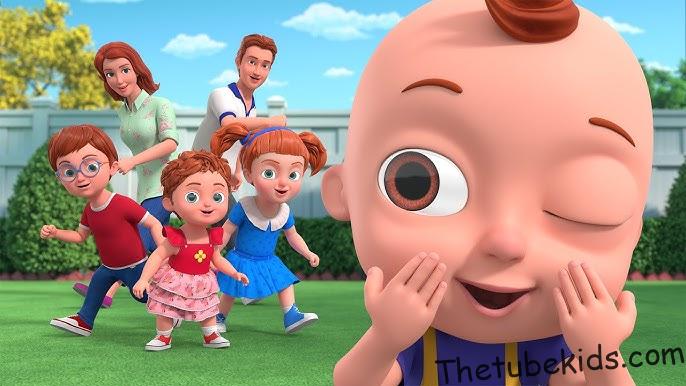
The Catchy Beat and Why Kids Can’t Get Enough
What makes the Peek A Boo Boo Song stick in your head? It’s all about that simple, repeating rhythm—short verses, counting fun, and the big reveal with “peek-a-boo!” This setup is spot-on for young minds, as repetition helps with memory and language skills. Think of it as a musical game that sneaks in lessons on numbers, family roles, and emotions. Plus, the upbeat tempo gets everyone moving, turning quiet moments into dance parties.
From a developmental angle, songs like this support spatial awareness and empathy. When kids hide and pop out, they’re learning that things (and people) don’t disappear forever. It’s backed by child psychology basics, but honestly, the real win is the endless smiles it brings.
How This Song Builds Family Bonds and Cultural Ties
Beyond the playground, the Peek A Boo Boo Song reflects how play shapes our world. In different cultures, peek-a-boo games vary—some add local twists with instruments or stories—but the core joy of connection stays the same. For families, it’s a bridge to heritage, letting parents share childhood memories with their kids.
Imagine singing it during storytime or bedtime; it creates those warm, lasting moments that strengthen relationships. And in today’s busy world, simple tunes like this remind us to pause and play together.

Wrapping Up with Lasting Charm
The Peek A Boo Boo Song isn’t just a quick ditty—it’s a timeless gem that celebrates play, love, and growth. Whether you’re a parent introducing it to your toddler or reliving it with grandkids, it brings everyone closer. Head over to TheTubeKids.com for more kid-friendly videos and rhymes that make learning fun. What’s your favorite way to play peek-a-boo? Share in the comments!
For more nursery rhyme adventures, check out our take on Ants Go Marching.

